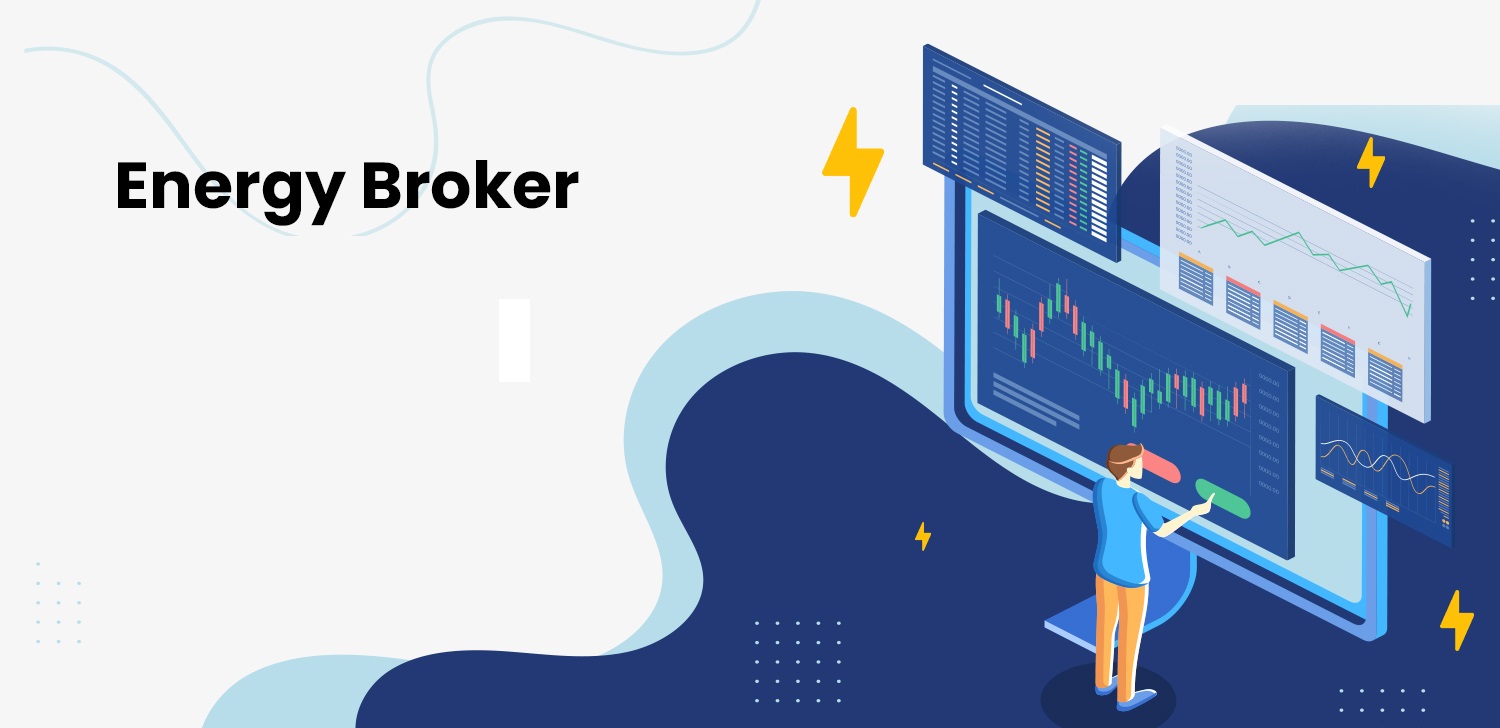An energy broker platform gathers contracts, rates, and customers into a single electronic space. Inefficient methods utilize spreadsheets, paper documents, and email exchanges. The gulf between the two approaches grows as your customer base does. Digital tools aren’t nice to have. They are the fuel for successful brokerage work.
Energy broker software puts an end to manual updates by updating automatically. Instead of scrolling through many supplier sheets, you can see updated rates immediately with the click of a button. It builds client trust by being quicker. It reduces errors caused by manually entering numbers.
An energy broker solution manages contracts securely and automatically tracks renewals. Renewal dates get lost in manual processes or get misplaced in the threads of email conversations. Automation protects revenue and prevents a contract from falling through the cracks.
A manual tools-based commercial energy broker struggles to scale. You can work with 10 clients using spreadsheets. It is virtually impossible to work with 100. A digital platform allows you to scale without adding delays or errors. Customers expect instant answers and accurate quotes. Manual processes are always playing catch-up.
Where Manual Systems Fall Down
- Renewal reminders get forgotten
- Supplier rates lag behind
- Data entry errors creep into contracts
- Client updates take ages to prepare
What Platforms Offer Instead
- Instant access to supplier prices
- Centralized customer dashboards
- Automated contract management
- Quick, accurate reporting
Cost vs Value
Brokers hesitate since platforms are subscription-based. Yet, the advantage in time saved and reduced errors usually weighs in cost’s favor. Consider how many hours you spend on updating manually. Multiply that by how many individuals are in your team. The wasted hours usually cost more than the software.
Final Thought
It all comes down to precision and expansion. Manual tools hold you back when the client base grows. Platforms force you to stay fast, efficient, and consistent in front of clients. If you’re planning to grow, digital systems are no longer an option. They are the standard for professional brokers.










